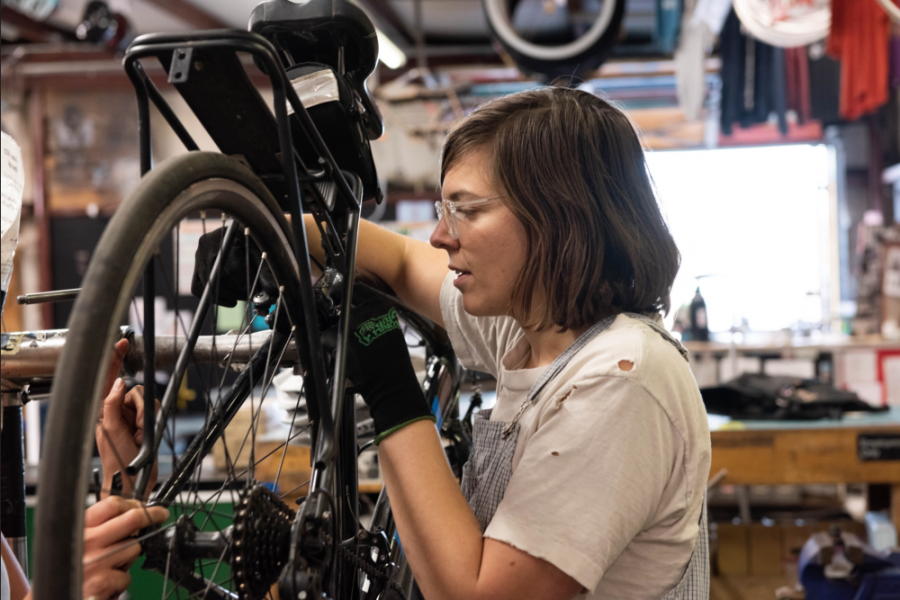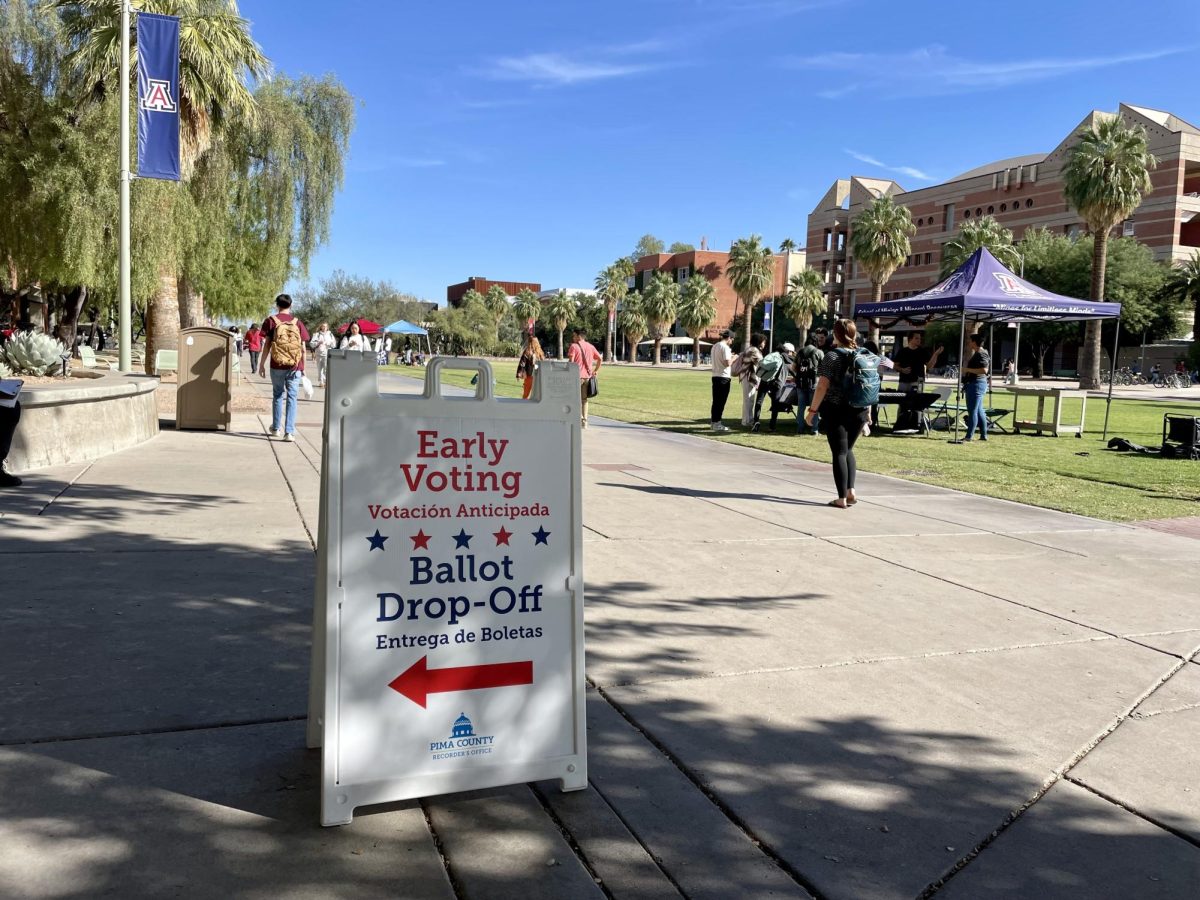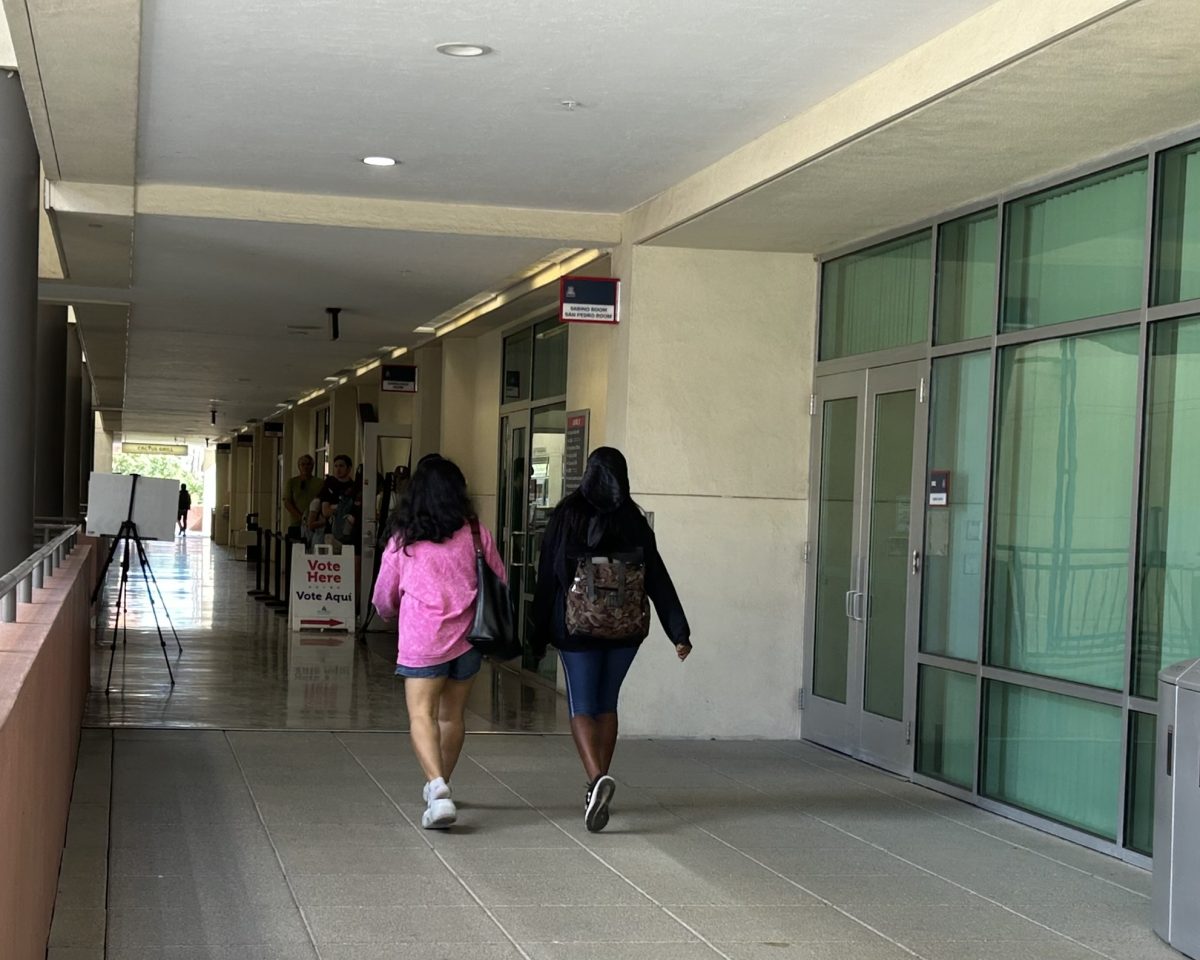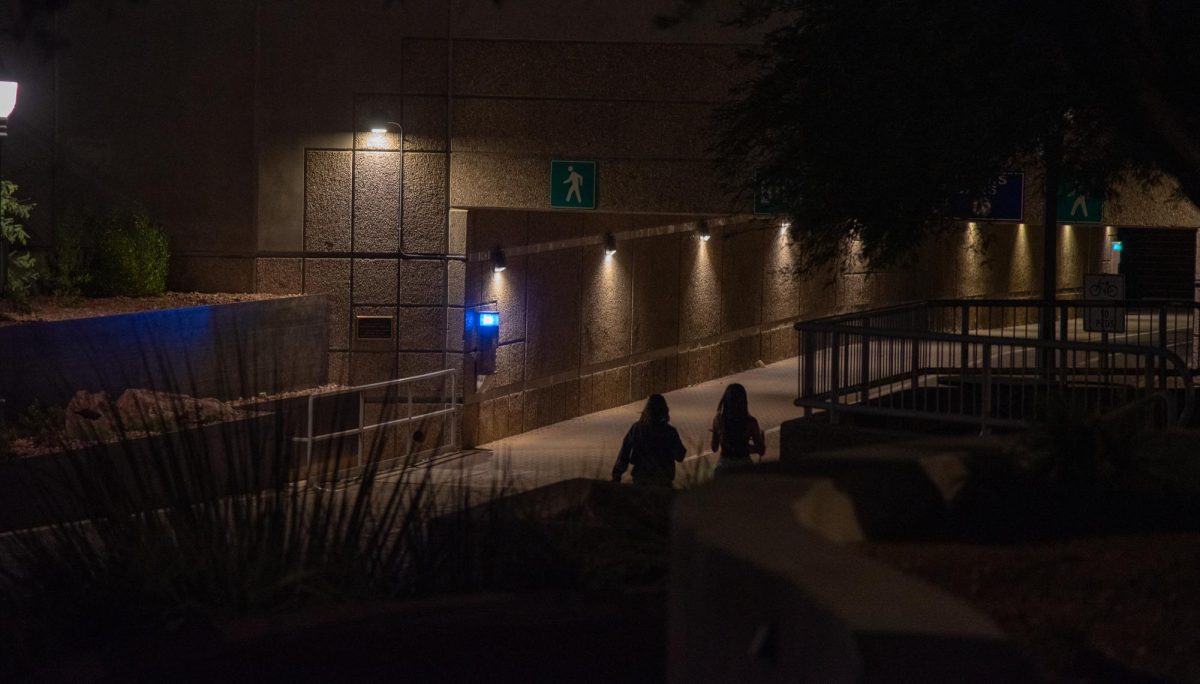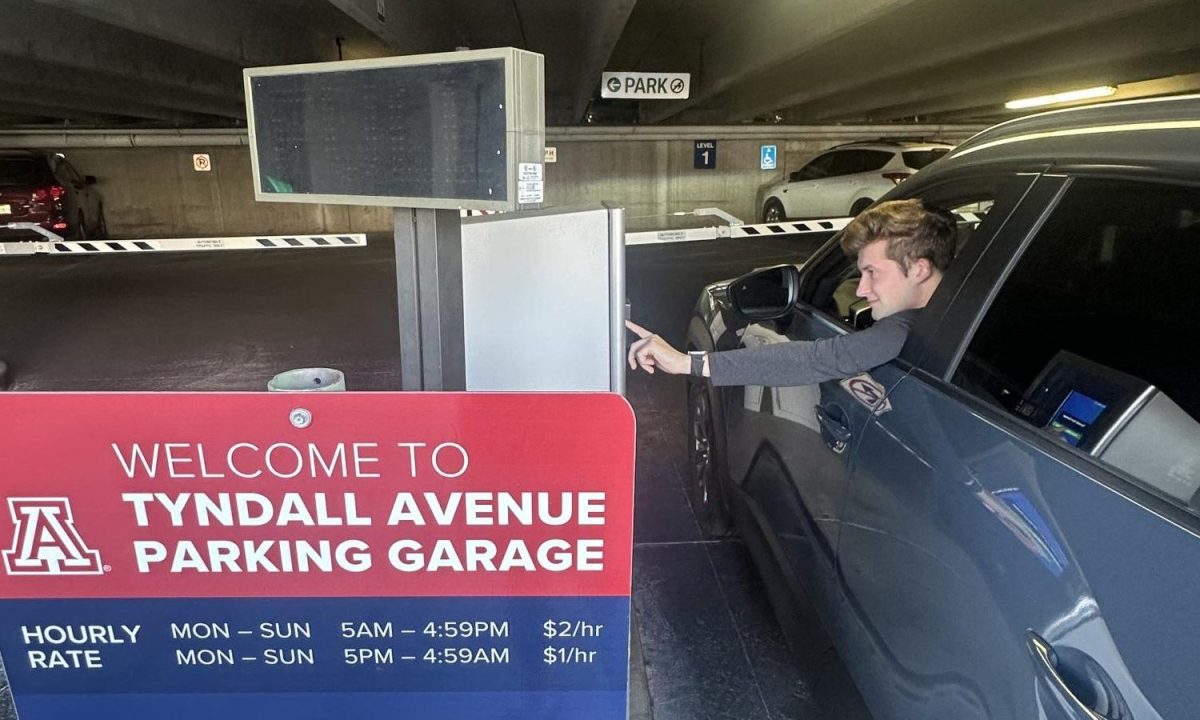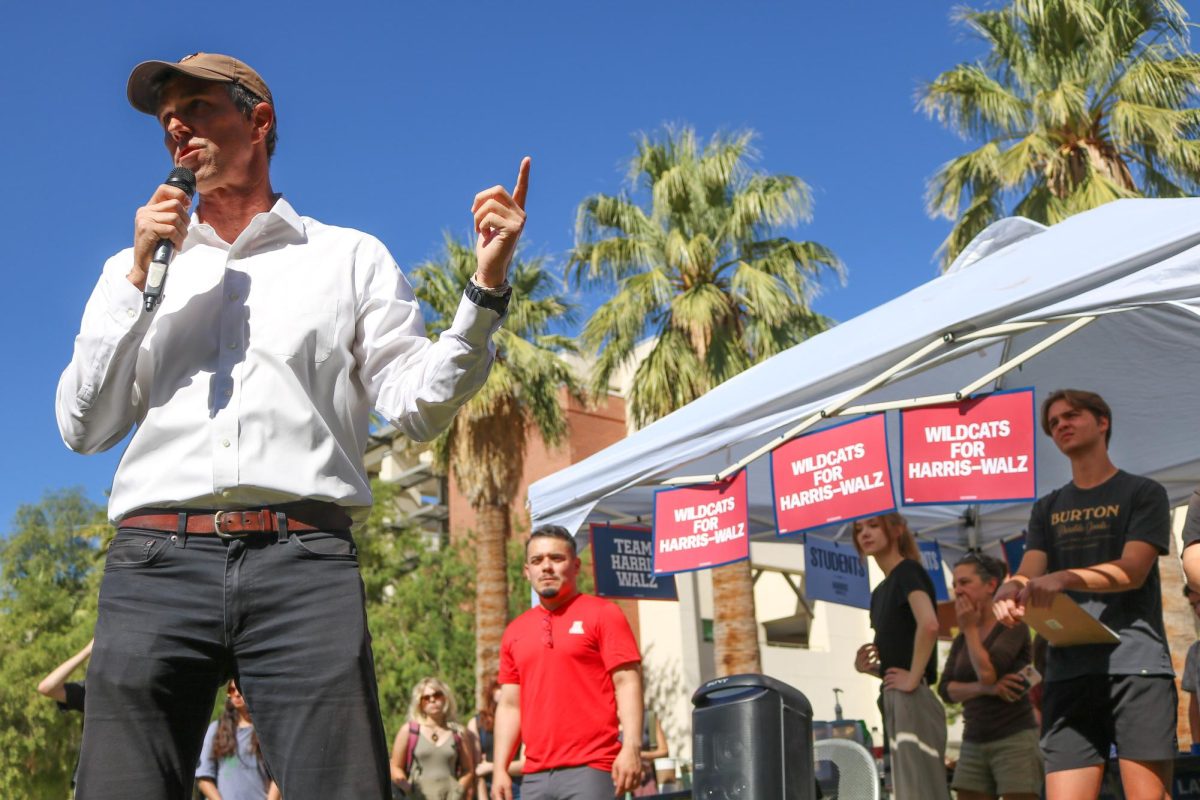BICAS, which stands for Bicycle Inter-Community Art and Salvage, hosts a Women Trans* Femme workshop every Monday night from 3-7 p.m. The workshop is open to anyone who identifies as female, transgender, femme, genderqueer, transmasculine or transfeminine.
The workshop consists of teaching the attendees bicycle mechanic skills in an atmosphere where they feel comfortable. The price ranges from $6-12 an hour, allowing the members of the workshop to use communal tools and the help of the mechanics to guide and answer any questions.
RELATED: LGBTQ+ fraternities and sororities balance exclusivity with inclusivity
BICAS is a colorful place that sells various kinds of refurbished bikes, bike parts, bike tools, helmets and biking clothes and offers classes on the mechanics of bicycles. There are spaces that act as classrooms and work spaces with bikes galore.
“When I first started working here, I didn’t realize how much I didn’t know about just tools. People would be like ‘Go grab channel locks,’ and you’re like ‘I don’t know what those are,’ which is something that people who are traditionally more masculine learn off the bat,” said Diana Englert, one of the shop mechanics and WTF workshop instructors.
Englert explained she was interested in teaching skills in WTF worlds because she enjoyed teaching it to “folks who generally don’t have that opportunity.”
According to the Boston Globe in 2017, less than two percent of working automotive mechanics were women. No data were presented on what percentage of mechanics were transgender vs. cisgender.
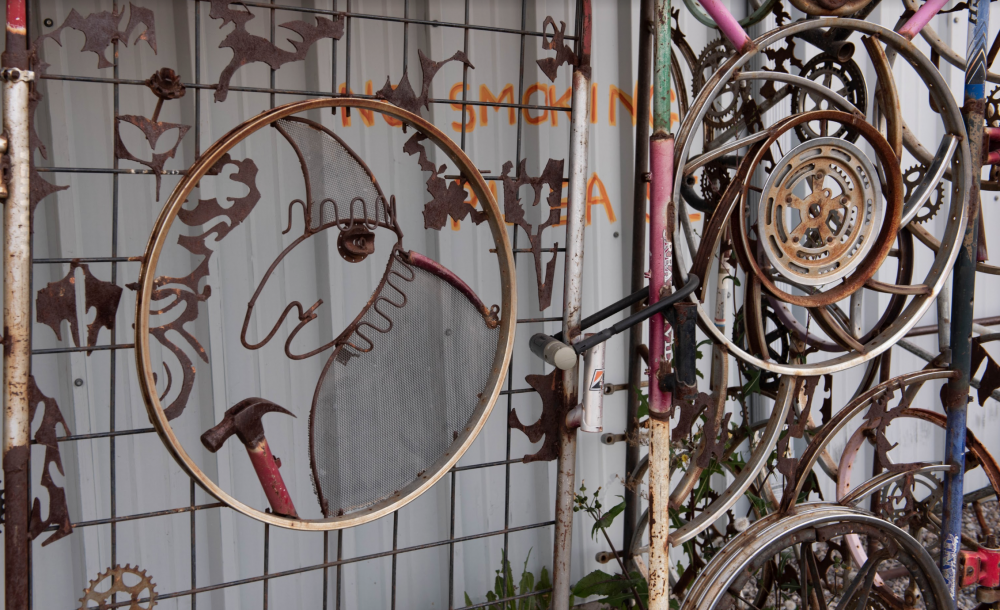
“It’s been really nice, because I’ve been able to do my own work without the help of others,” said Ryn Briggs, an attendant of the workshop. “A place like this is really good for that.”
Briggs said knowing the skills to fixing a bike are important because of the bike tours she goes on, which takes months of biking around and camping out.
“When I walked in here, someone immediately came up and asked me what I needed and then immediately got me started with the materials,” said Kate Gambel, another workshop attendant. “[This] just shows how much they thought everything through, which is really really nice, because some bike places you go in and they either kind of leave you stranded to, like, figure everything out yourself, or they try to do everything for you.”
Gambel said she has an interest in learning more about mechanics so she can fix other people’s bikes for extra money and for the sake of helping people out.
“I’m interested in learning as much as I can so that I can, like, fix my own bike on the road, especially when I’m stranded,” Briggs said.
One of the benefits of attending the workshops is, when learning how to do the skills oneself, going into a bike mechanic is not necessary. Therefore, the attendants are saving their money every time they have a bike malfunction.
“I love riding my bike, and I’ve had the pleasure to learn from friends how to fix my own bike, and I like working somewhere we can make it less intimidating for people, because I know I’ve been intimidated going into bike shops,” said Marr Mhina, another shop mechanic at BICAS.
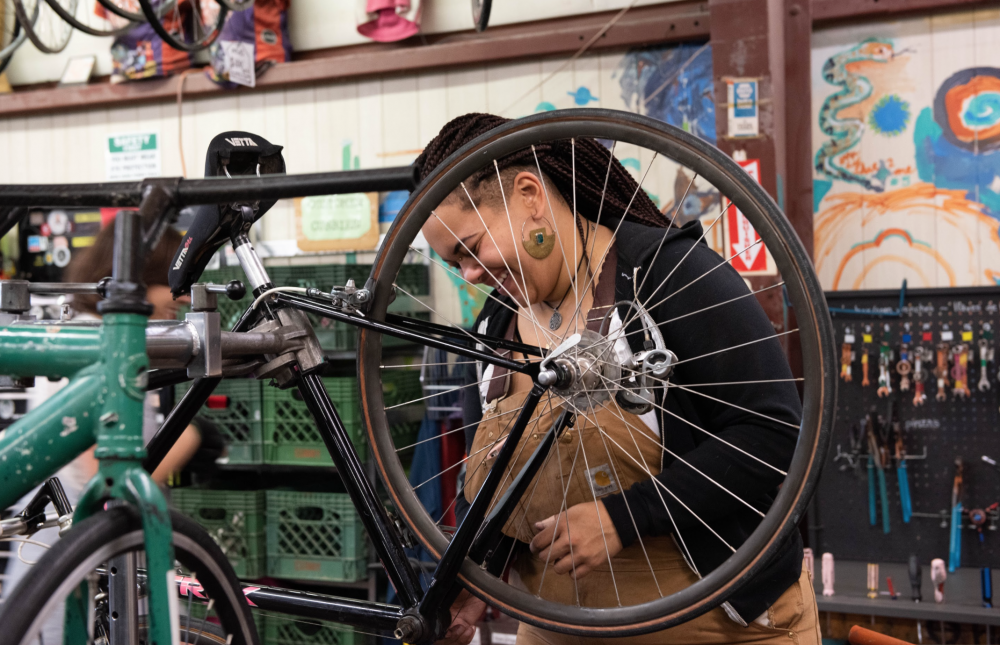
The WTF workshop provides the opportunity to learn bike mechanics to people who are not represented in mechanics.
“It’s like a safe space, and it’s also way less crowded,” Briggs said about WTF nights.
Briggs said that she also comes into BICAS on days that are not WTF days but considers it less helpful.
RELATED: Astronomer to Race Across the West
Many of the people who attend the workshop use their own bikes often, some even as their main way of transportation, like Englert.
“It’s a very empowering feeling, and those of us who don’t [know how] typically weren’t taught those skills right off the bat are all the more grateful to learn it and all the more excited to learn them,” Englert said.
Follow Shannon Sneath on Twitter



